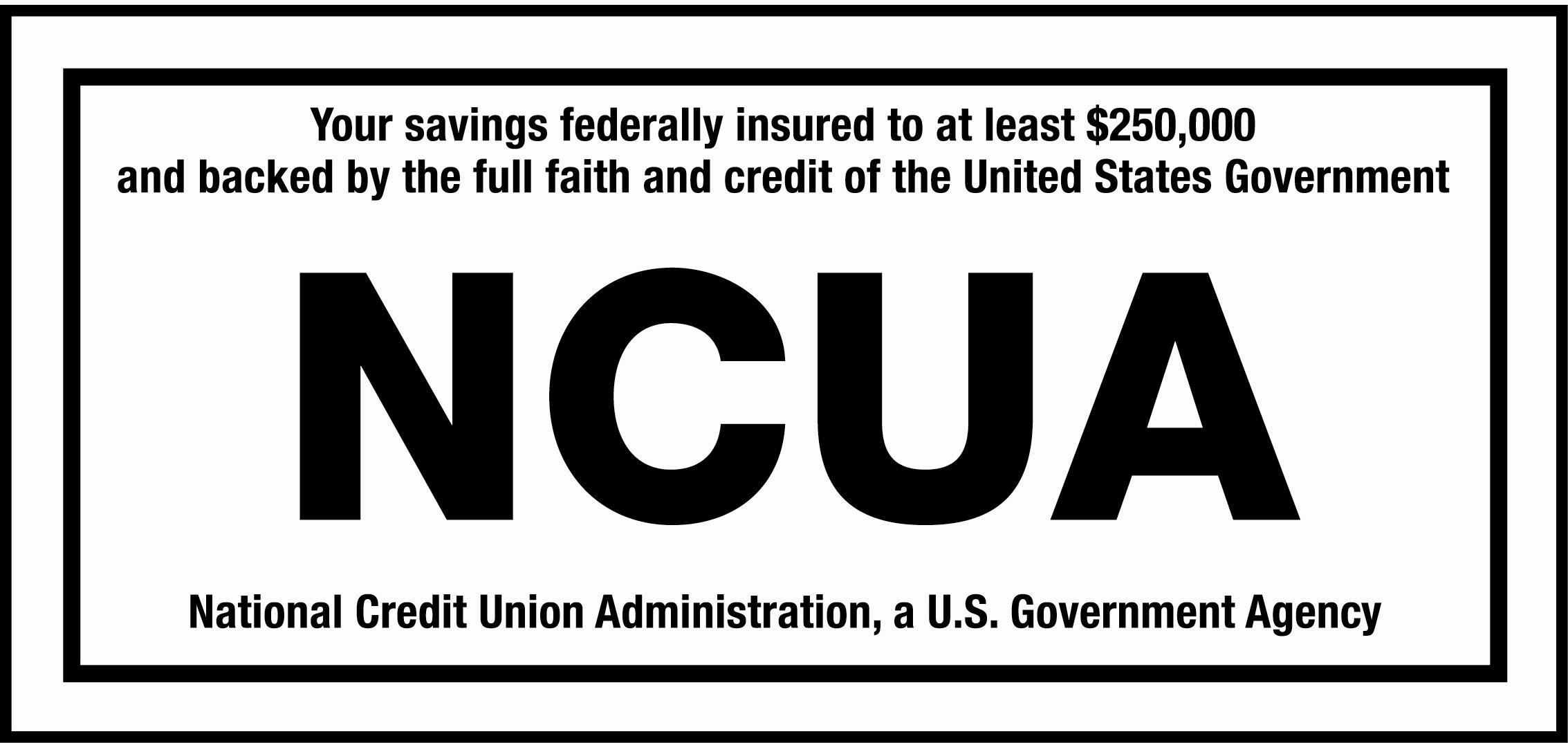5 FINANCIAL NEW YEAR’S RESOLUTIONS TO KICK-START 2019
Get more exercise. Lose weight. Quit smoking. These are the bold boasts of New Year’s resolutions. Folks commit themselves to radically changing their lives at the start of the calendar year. About 45% of people make New Year’s resolutions in the average year, and most have to do with health.
But the same line of thinking can be taken in the context of your financial health. Let’s look at some of the most often-made New Year’s resolutions and how to translate them into personal finance resolutions. We’ll also have a few tips on how to stick to them!
1.) Quit smoking – Give up credit cards
This is the most common New Year’s resolution, and with good reason. Smoking is bad for you in the present and in the future. It’s powerfully addictive, though, and very difficult to put down.
Similarly addictive and no less bad for you is credit card debt. The monthly payments drain your income and the revolving door of debt keeps you from ever getting ahead. Beyond the immediate concerns, long-term credit card dependency can ruin your credit and hurt your chances of enjoying a long, happy retirement.
Make a resolution to lose your credit card “addiction” in 2019. Make this the year of living within your means while borrowing responsibly. Pledge to make 2019 a debt-free year. If you’re keeping a card “for emergencies,” take it out of your wallet. Put it in a safe place and only use it in a genuine emergency. Use your Health Care Family Credit Union debit card to maintain the convenience of plastic and lose the staggering interest rates. If you do need a credit card, chances are your Health Care Family Credit Union card has the lowest rate. Keep that, and dump the rest.
2.) Lose weight – Trim the fat from your budget
Retailers have Black Friday in November; gyms have it on Jan. 2. Everyone will be trying to shed the holiday pounds by spinning, swimming and sweating. The rewards are substantial: People who weigh less are more likely to be promoted at work, live longer and even spend less each year.
There’s another place you can trim fat besides your belly: your budget. Make a plan to sit down with your spouse and discuss how you spend money each week. Look for places you can make cuts without sacrificing things you both enjoy. Pay special attention to groceries and meals out.
Don’t feel like you have to give up everything at once. If you’re eating out twice a week, don’t try to go immediately to zero. Just as you need to start slow when working out to avoid injury, feel free to start slow with cutting back your expenses. That way, you avoid the potential for snapping back harder.
3.) Family time – Make a will
Time is short. Spend it with people and things you care about. The holidays are a time to rekindle connections with family members who may have grown apart over the years. There’s no reason that relationship has to fade. Enjoy the time you have with the people who mean the most to you.
That same realization that life is short should be a call to make sure your finances are in order. Making a will can help to ensure that your passing will be another time of family togetherness. Your family can focus on helping each other through the difficult time of your passing rather than dealing with bill collectors and lawyers trying to divide your stuff.
This resolution really doesn’t take too long. Make an appointment with an estate planning attorney to make sure you’re covered. You can take care of it in an afternoon. Preparing a will doesn’t mean you plan to die soon. It’s is a courtesy you do for your family in the event you pass away unexpectedly. Even if it’s not used for many years, making a will can provide peace of mind for you and your family.
4.) Get healthy – Start investing
Eating right and taking care of yourself are good steps to take for your future. A well-balanced diet can make you feel years younger. It can even save you money in doctor’s visits and prescription drugs.
To set yourself up for a bright financial future, start planning for your retirement. At the very least, make 2019 the year you max out your retirement contributions. If you don’t have an IRA or similar retirement account, that’s another good place to start.
Looking at a number like $5,500 (the maximum IRA contribution in 2018) can be discouraging. Who has that kind of money sitting around? It’s helpful to break that down – $458 out of each month’s income will get you to the maximum. You can set up automatic withdrawals that go into an IRA or savings account to make the process go more smoothly.
5.) Cut down on stress – Save for big events
Stress is a big-time killer. It shortens your life and makes the remainder less fun to live. Resolving to take time for yourself and your family can improve your life dramatically.
The holidays are an expensive time of year. Many families finance their gift-giving with credit cards, and that bill will come due in the next few weeks. Talk about stress! Starting 2019 in a financial hole can hamper your plans to live a stress-free year.
Instead of beating yourself up about it, resolve to do better next year. Start a holiday club account with HCFCU. Make regular deposits to a dividend-bearing account so you’ll have the money to pay for the next round of holidays yourself. It might not do much for January 2019, but you’ll be thanking yourself in January 2020.



